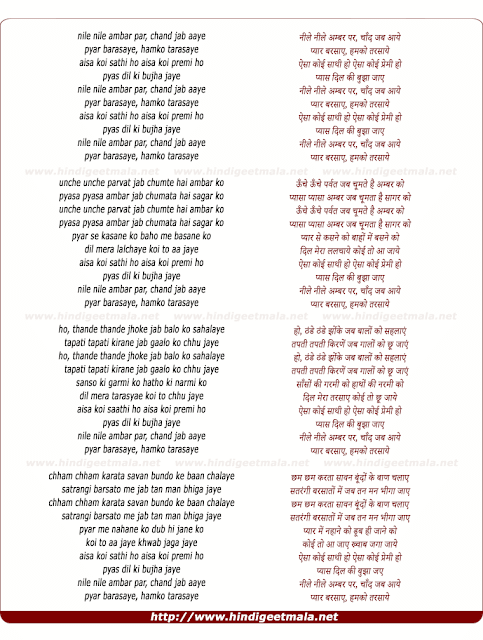KJo, Saif, Varun eat crow, after nepotism jibe at Kangana massively backfires
Bollywood Bollywood News EntertainmentKaran Johar had already been at the receiving end of public wrath when he ridiculed Kangana’s takedown of him on his own show for being nepotistic a few odd months back. While the debate had died a gradual death, Karan, Saif Ali Khan and Varun Dhawan gave the charade a fresh lease of life, by ridiculing Kangana and flaunting their own nepotistic career propellers under the garbed pretext of humour at the recently concluded IIFA awards, as would have been expected, the jibe did not go down well and people reacted strongly to the distasteful humour.
Karan Johar, Kangana Ranaut, International Indian Film Academy Awards, Varun Dhawan, Saif Ali Khan, Nepotism, 18th IIFA Awards
karan-johar-kangana-ranaut-iifa-awards
Varun Dhawan, youngest of the lot, was the first to go into damage control mode, apologising profusely on his social media feed post the backlash. However, he chose to not name the actress acknowledge the IIFA mishap in his tweet.
Saif himself addressed the blazing controversy in an interview to FirstPost, positing, “I respect Kangana tremendously for what she’s achieved, for coming up the hard way. We’re a mutual admiration society. She also agrees that despite having illustrious parents, I too have had an uneven beginning in Bombay. I understand what Kangana means by her stance on nepotism, though I have a slightly different take on it. People knew who I was because of my parents but that didn’t necessarily give me an easy ride. Look at the spate of terrible movies I’ve starred in and you know that phase lasted for a long while.”
But would he have got those opportunities and multiple second chances had he not had a privileged background? An outsider might have outrightly been shun, unless he’s proven himself consistently over a prolonged period of time and established himself a bankable star.
However, the biggest turnaround was from Karan Johar himself, who did not for once try to justify his act, apologising unconditionally for it.
"Of course I don't believe that 'nepotism rocks'. Of course, I believe that only talent rocks. If anything that rocks, it's your talent, hard work and conviction. It's the energy you bring to your job. What we said was meant to be a joke, which I think has been misplaced, misunderstood and I think it went wrong. I regret it.
Karan Johar, Kangana Ranaut, International Indian Film Academy Awards, Varun Dhawan, Saif Ali Khan, Nepotism, 18th IIFA Awards
No matter what I say or feel about my issues with what Kangana said on my talk show Koffee With Karan, I think I was raised to be a dignified, a chivalrous, and a decent person. That's the upbringing that I was given and I feel that I failed on those accounts. I felt that no matter what my thoughts or personal issues on this, I should not have repeatedly brought that up. For that, I'm deeply regretful.
I want to once and for all say and close this chapter after this and subsequently I will not speak about nepotism nor Kangana because it would be distrustful for her and it would be ungraceful at my end, which I've already been. Nepotism is easy access, nobody can deny that, but what you do with that access is what moulds you into a professional,” he told NDTV.
Karan Johar, Kangana Ranaut, International Indian Film Academy Awards, Varun Dhawan, Saif Ali Khan, Nepotism, 18th IIFA Awards
Well, with the kind of rebuking the three were being subjected to across social media platform and public discourses, the apologies were inevitable. This despite the fact that the outspoken actress is yet to respond to the massive fiasco. But will such strong public aversion to the idea of nepotism change the film industry’s skeletally hierarchical means and provide fresh aide to outsiders with potential? One must wait and watch.
Karan Johar Takes A MASSIVE Dig At Kangana Ranaut And Nepotism At IIFA 2017
Karan Johar, Kangana Ranaut, International Indian Film Academy Awards, Varun Dhawan, Saif Ali Khan, Nepotism, 18th IIFA Awards
Nepotism Rocks act at IIFA Awards 2017 didn’t go well with anyone. Social media criticised Karan Johar, Saif Ali Khan and Varun Dhawan for their actions at the award ceremony. However, KJo now regrets taking a dig at Kangana Ranaut in her absence. In an interview to NDTV, he said, ” Of course, I don’t believe that ‘nepotism rocks’. Of course, I believe that only talent rocks. If anything that rocks, it’s your talent, hard work and conviction. It’s the energy you bring to your job. What we said was meant to be a joke, which I think has been misplaced, misunderstood and I think it went wrong. I regret it”.
He further took the entire blame on him, ” The idea of that joke was entirely mine, so I take the onus of the idea of what we said. And I think we went a bit too far with the Kangana mention. It was something that we said in humour, it may be terrible humour, bad humour, misplaced humour, but our intention was not to hurt anyone. That very core is what failed. Then I got carried away in the moment and I regret that.”
His final words on nepotism were, ” I want to once and for all say and close this chapter after this and subsequently, I will not speak about nepotism nor Kangana because it would be distrustful for her and it would be ungraceful at my end, which I’ve already been. Nepotism is easy access, nobody can deny that, but what you do with that access is what moulds you into a professional.”
India.com also spoke exclusively to Saif about the trio’s IIFA act. While talking about it Saif explained, ” I’m very fond of Kangana (Ranaut) and respect her achievements. This whole thing was never meant seriously and I thought it’s a joke against us more than anyone else (as clearly there is more to our achievements than nepotism!!) no harm meant.” Looking at the Rangoon star’s stance, it is clear that he meant no harm.” Even Varun Dhawan apologised on Twitter, ” I express my apology and regret… I am extremely sorry if I have offended or hurt anyone with that act”. Well, the trio has finally apologised and we hope Kangana accepts it.














